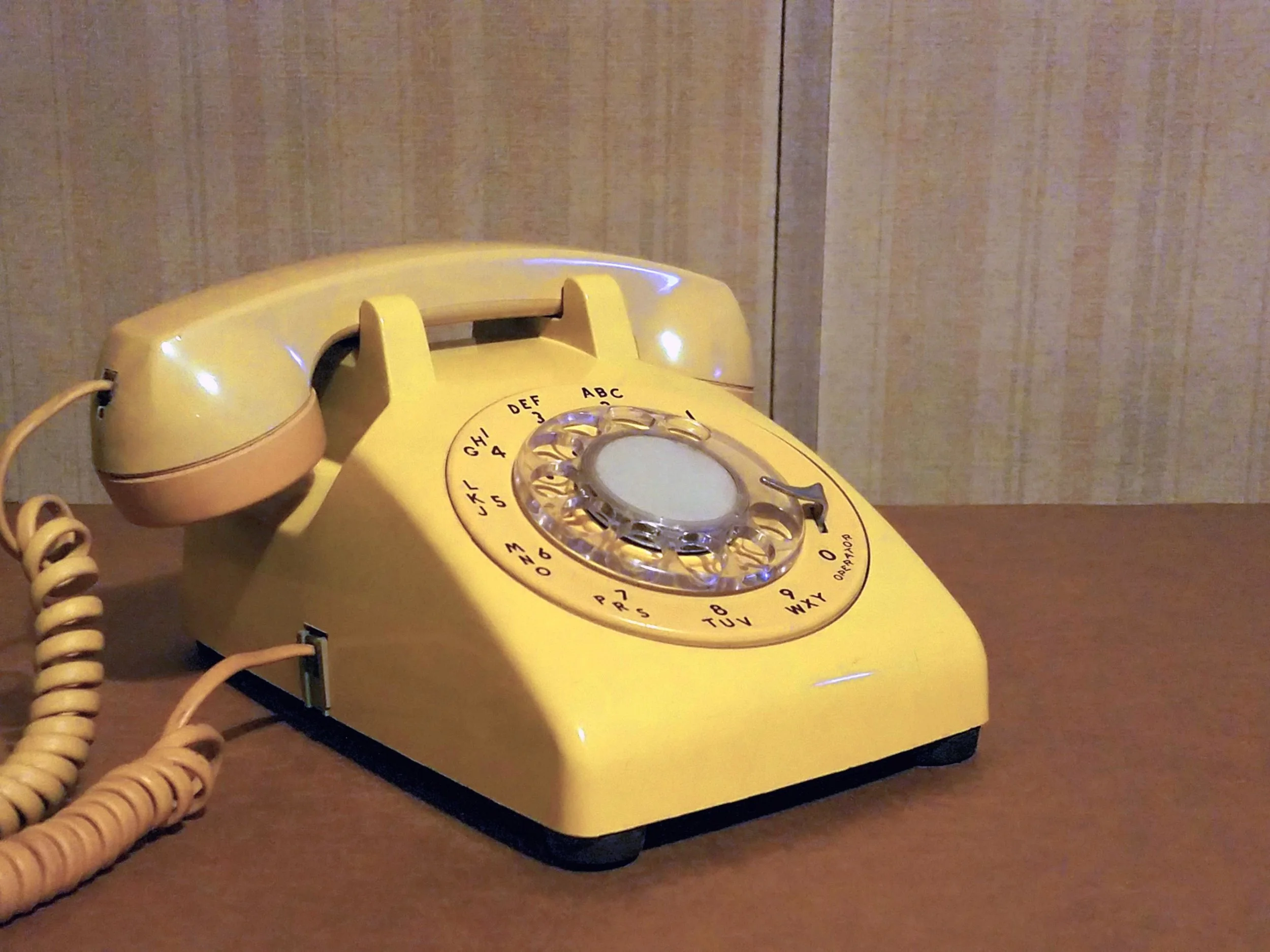Responsible Investing - Why we do what we do & How we do it
It seems like everybody is throwing their hat into the responsible (or ESG or Impact or Green or SRI) investing space. I regularly get ads on my Facebook feed from Morgan Stanley telling me how they’re going to help me invest with impact. I know why this is happening: the responsible investing industry now manages nearly $12 trillion in client assets in just the US alone (according to the 2018 US SIF Trends Report). This is now a big market opportunity for them and countless other traditional brokers.
But before you go sending your money off to {fill in big faceless investment house here}, consider their why. Why are they now offering this service? Why did they decide to start now? Is it part of their DNA? Have they suddenly turned a corner and now care about how they manage their clients’ assets? No. It is purely a market opportunity, and they see the writing on the wall.
I’m a fan of Simon Sinek’s book, Start with Why (here’s the Amazon link if you can’t find it in your local bookstore). In it, he says that we need to move beyond the what and the how of our businesses and get to the core…the why. If you don’t have time to read the book, here’s Sinek’s TED talk…
Why Earth Equity Advisors choose to invest responsibly is very different than Morgan Stanley or the other big banks. Our why starts with our belief that by helping people align their investments with their values, we are not only helping our clients, but helping to make the world a better place. We are nurturing clients to be changemakers with their monies.
The next time you decide to buy a product or service, do a little research and find out what the company’s why is. Odds are, if you’re dedicated to shopping local, you can easily answer this question. If you’re shopping at Wal-Mart, it might be a little more difficult to ascertain.
So how would Earth Equity’s How differ from the big banks? Well, it comes down to our Why. Rather than looking at responsible investing as a market opportunity, we look at it as our mission. When we craft our mutual fund portfolios for clients, we take a very deep dive into each of the funds. What are their holdings? Do they own fossil fuel companies? What compromises are made? We also do what any fiduciary would do and examine the more fundamental aspects of the fund such as style purity, track record, manager tenure, fees, etc. Our why drives our process.
This is quite a task because the number of “responsible investing” fund options has proliferated considerably over the past few years. How can the ordinary investor possibly sort out the good ones from the bad ones? Which ones are greenwashing? I like to refer back to one of my influences in starting this business, the eminent green architect, William McDonough when I consider which funds to use. He said in his documentary, The Next Industrial Revolution, “Being less bad is still bad.” With a lot of the responsible investing funds on the market now, they’re mostly about being less bad.
At Earth Equity, we have the tools to easily look at all of the metrics we consider and then some using our Morningstar Direct subscription. It would be very time consuming to accomplish all of these tasks without it. How do you distinguish between the “Low Carbon Fund” and the “Impact Fund” and the multitude of facsimiles that are out there now? Not easily. In fact, we’ve created a report called the Impact Xray report to help prospective clients know what they own. It takes their current portfolio and breaks it down by fund holdings and tells you your fossil fuel, nuclear, weapons, tobacco and other industry involvement and then lists the individual companies by name. Often, even funds labeled Impact or ESG are full of egregious companies.
For us, the homework is the key. It’s based on our why and because of that, we strive to make our portfolios as positive as possible. We don’t just try to exclude the bad guys. We are proactive in how we select our client investments so we don’t fall into the trap of being “less bad.” What’s YOUR why?






